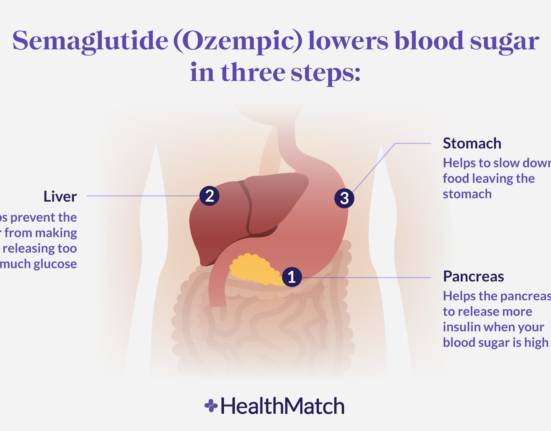A major new study has found that people who sleep too much are more likely. To develop high blood pressure and stroke.
“This may be because while napping itself is not harmful. Many people who do nap may do so at night due to lack of sleep. A poor night’s sleep is associated with poor health, And sleep is not enough for him.” Clinical psychologist Michael Grandner said in a statement. Grandner directs the behavioral sleep medicine clinic at Banner University Medical Center in Tucson. Arizona and was not involved in the research.
Study participants who typically napped during the day were 12 percent more likely. To develop high blood pressure over time and 24 percent more likely to have a stroke than those who never napped.
If you’re under 60, sleeping most days increases your risk of developing high blood pressure. By 20 percent compared to people who never or rarely sleep. According to research published Monday in a journal of the American Heart Association. The AHA recently added sleep duration as one of its eight essential measurements for optimal heart and brain health.
The findings held even after the researchers excluded people at high risk of high blood pressure. Such as those with type 2 diabetes, existing high blood pressure. High cholesterol, sleep disorders and night shift workers.
“The results show that sleep deprivation increases the incidence of high blood pressure. And stroke, after adjusting for or accounting for many variables that are associated with cardiovascular disease and stroke”. Said Dr. Phyllis Zee, director of the center. are associated with stroke risk”. Said center director Dr. Phyllis Zee. in the northwest. University of Chicago Feinberg School of Medicine.
“From a clinical perspective, I think this highlights the importance of health care. Providers routinely asking patients about sleepiness and excessive daytime sleepiness. And assessing other conditions. take that may help modify the risk of cardiovascular disease”. Said Xie, who was not involved in the study. the study.
Long Naps Are Worse
The study used data from 360,000 participants who provided information about their sleep habits to the UK Biobank. A large biomedical database and research resource that between 2006 and 2010. UK residents followed.
Participants in the UK study provided regular blood. Urine and saliva samples and answered questions about sleep four times over the four years of the study. However, the study only collected nap frequency, not duration. And relied on self-reports of naps, a limitation due to imperfect recall.
“They didn’t define what a nap should be. For example, if you sleep for an hour, two hours, that’s not really a nap”. Said Dr. Raj Dasgupta, a sleep expert. who is an associate professor of clinical medicine. School of Medicine. Keck School of Medicine at the University of Southern California.
“A 15- to 20-minute refreshing nap between noon. And 2 a.m. is 100 percent the way to go if you’re sleep-deprived”. Said Dasgupta, who was not involved in the study. “If you have chronic insomnia, we don’t recommend napping because it takes away the drive to sleep at night.”
Most of the people in the study who slept regularly smoked, drank daily, snored, had insomnia and reported being nocturnal.
Many of these factors can affect the quality and quantity of a person’s sleep high blood pressure, Dasgupta said. Lack of sleep “leads to excessive daytime fatigue that may result in excessive daytime sleepiness,” he said.
“I think it’s a warning sign of sleep disturbance in some people,” he added. All of the risk factors for heart disease can lead.”
For more information, please visit Friday night funkin unblocked games 911.








27 Comments